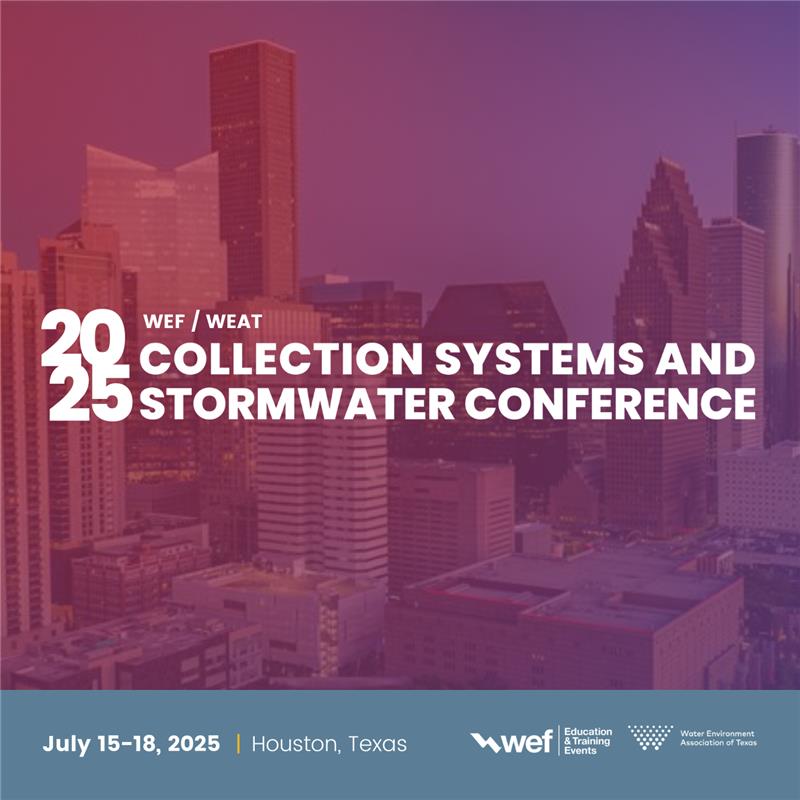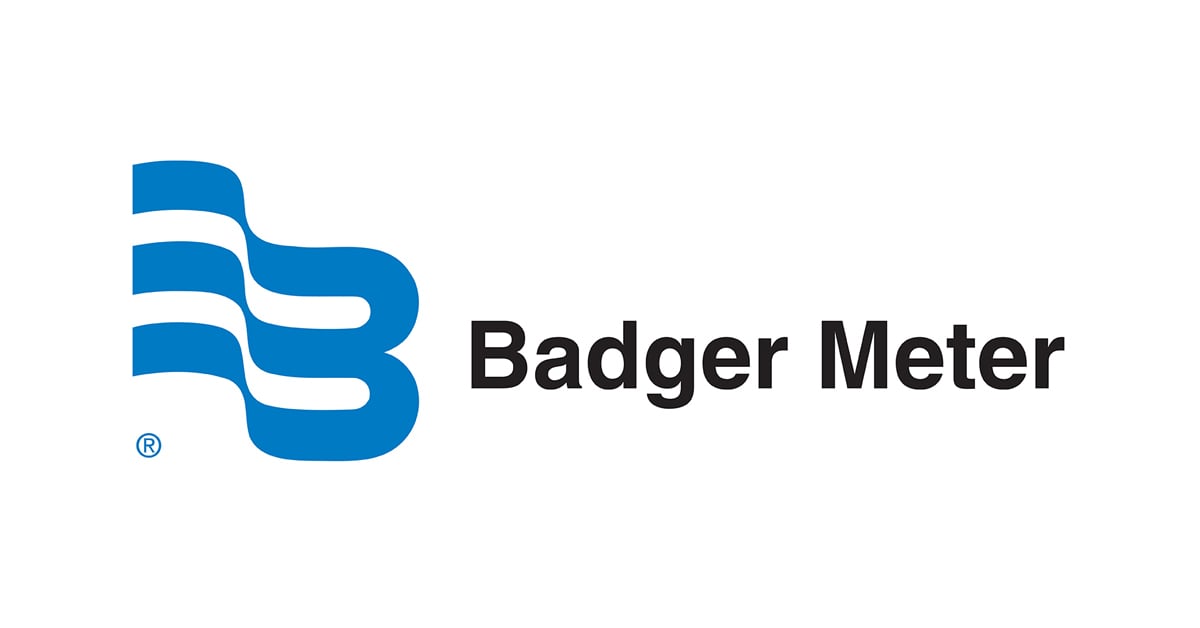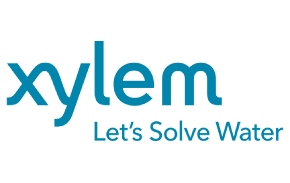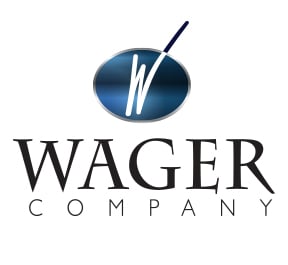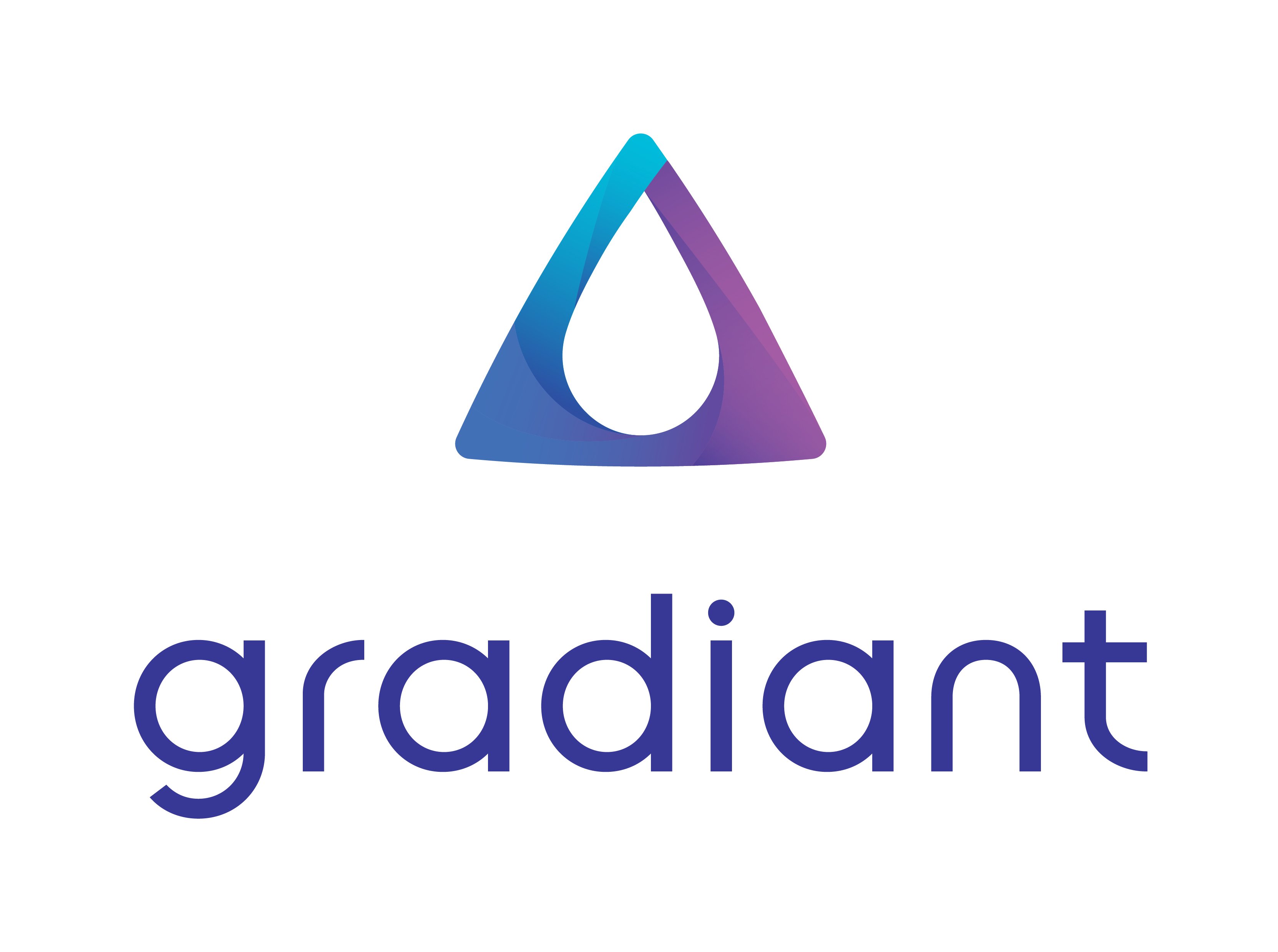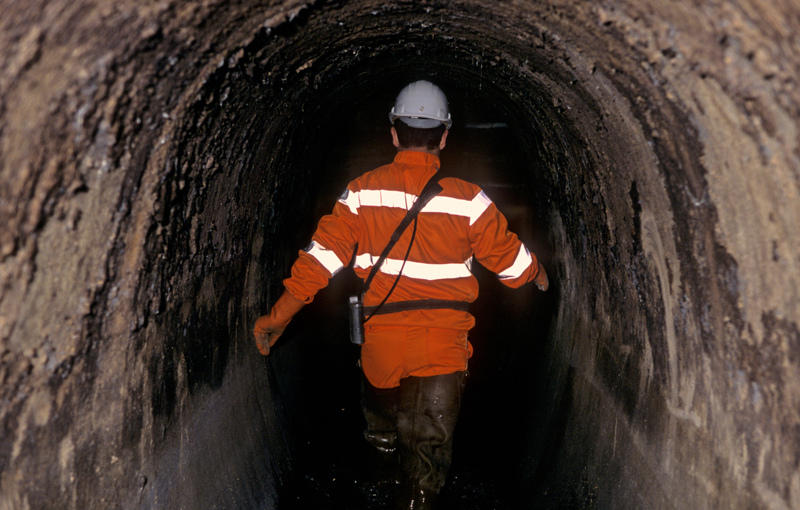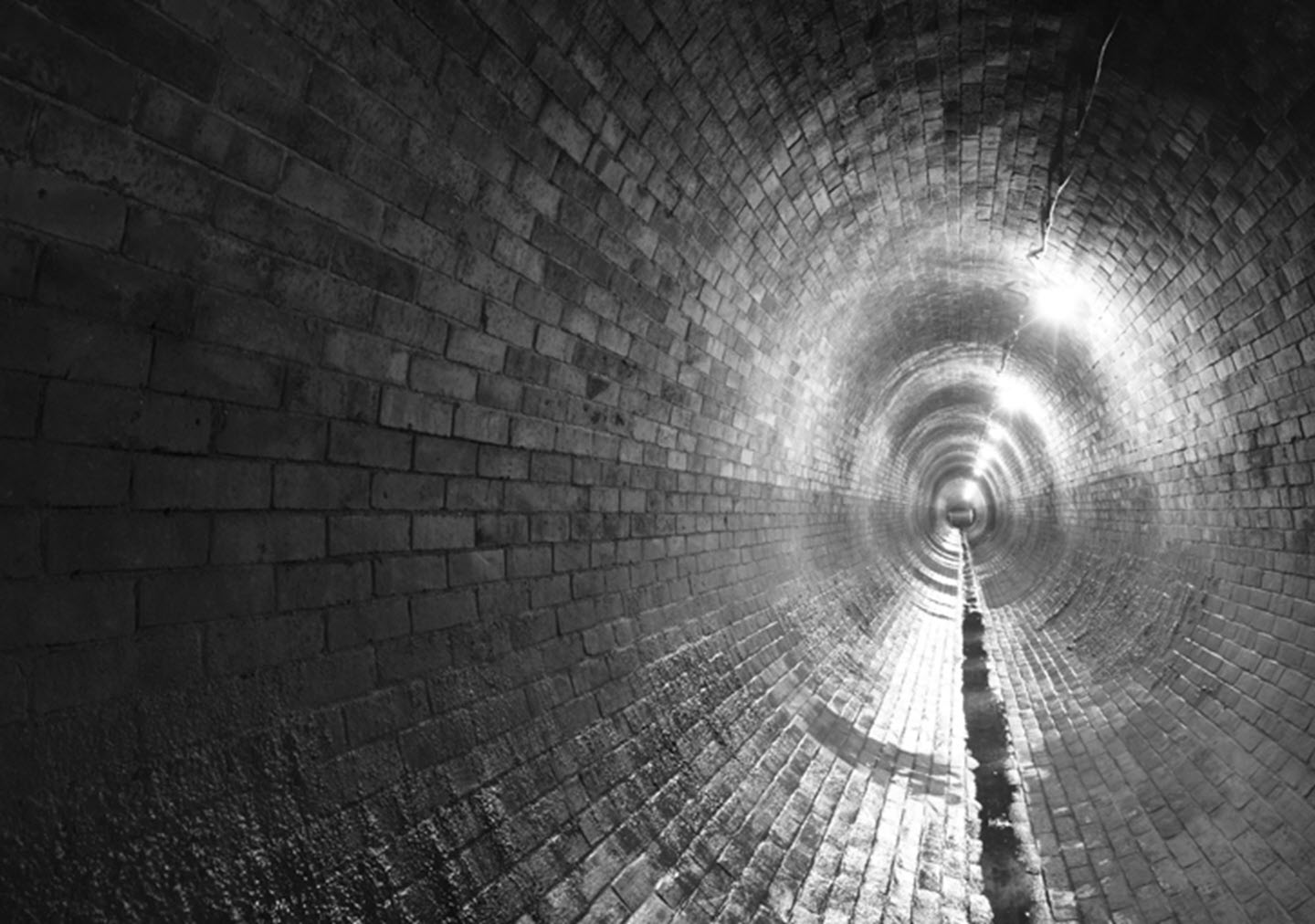
Collection Systems & Conveyance
The system of underground pipes and maintenance structures that convey wastewater has brought dramatic improvements to public health. Most sewers carry wastes from households and commercial establishments and are referred to as sanitary sewers. U.S. EPA estimates the U.S. has about 805,000 km (500,000 miles) of publicly-owned sanitary sewers with a similar expanse of privately-owned sewer systems.
Featured Collection Systems Resources
The featured resources below are just a sample of everything WEF has to offer. Search our entire website and technical resource database for more.
Technologies for CMOM Activities in Wastewater Collection Systems
This publication identifies technologies to further your transition into more preventive and even predictive operations & maintenance (O&M) activities.
LinkedIn Discussion Forum
Join this active discussion on topics relating to collection systems on LinkedIn. The group allows members to network with and learn from other water quality experts. Receive updates on WEF education and training on this subject.
Wastewater Collection Systems Management
The 7th edition of WEF Manual of Practice No. 7 provides guidance, strategies, and ideas that may be used by a wastewater collection system manager to be successful within these many fields of expertise.
Skills Builder
Put your knowledge to the test with WEF Skills Builder. These quizzes incorporate math, safety, and a variety of other topics to help you test, maintain, and advance your wastewater knowledge.
Trenchless Technology and Asset Management
Co-published by the National Association of Sewer Service Companies (NASSCO), this book provides detailed, straightforward coverage of the assessment, management, and repair of pipeline infrastructure using trenchless technologies.
Private Property Virtual Library
Created by the Collection Systems Community, the PPVL is a free online repository of private property programs across the nation. Utilities can seek information or advice about private property programs as well as share their case studies.
Wastewater Collection System Operator Certification Studybook
The 2nd edition of this study book provides thorough coverage of the main topics every certified wastewater collection operator needs, including support systems, operation and maintenance, supervision and management, safety procedures, design and construction, electrical pumps and motors, and mathematics.
Design of Wastewater and Stormwater Pumping Stations
This 3rd edition is intended for design professionals, it addresses design of stations of all sizes and highlights the differences between wastewater and stormwater stations.
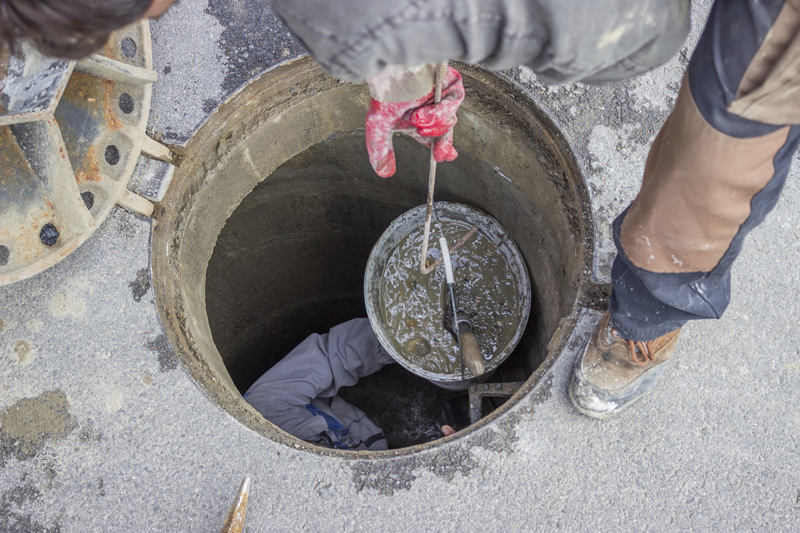
Collection Systems Community
Comprised of experts in collection systems practices, the CSC is the resource for many of WEF’s collection systems activities and offerings. CSC covers collection system design, management, operation, and maintenance.
The community meets thrice annually at WEFTEC in September, the Midyear Meeting in January, and at the annual Collection Systems Conference. CSC also has numerous active and ongoing projects throughout the year.
Join the CSCJoin or Renew Your WEF Membership Today
Connect with our community of water professionals who ensure that our local communities have access to clean water that protects public health. Explore our member benefits and find the membership type that’s right for you.
Visit Our Community Platform
This virtual workspace, called WEFUnity, empowers WEF members to network and collaborate in an online environment.
See what's happening in the Community PlatformEXPLORE ALL PRACTICE AREAS
WEF is a source of high-quality technical resources featuring the latest research, news, and education. WEF's members and other credible resources have created and compiled this information into the Practice Area groupings listed in the dropdown menu.
Test your knowledge of wastewater and laboratory with a 10-question, multiple-choice quiz. Quizzes incorporate math, safety, and various other topics to help you test, maintain, and advance your wastewater knowledge.



